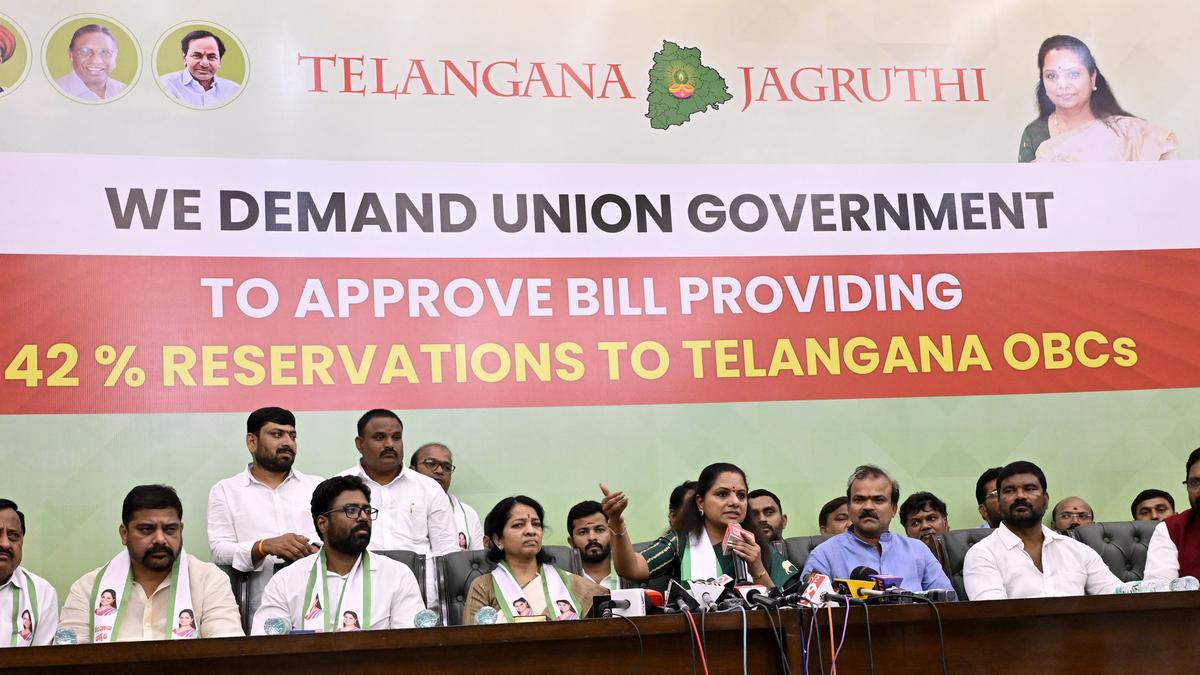Organisations representing prosumers and vendors slammed the proposals in the draft renewable energy regulations at a hearing on Tuesday (July 8, 2025), describing them as regressive and harmful to Kerala’s planned shift to renewable energy solutions.
The criticisms were aired on the first day of a four-day online public hearing on the draft KSERC (Renewable Energy and Related Matters), 2025, kicked off by the Kerala State Electricity Regulatory Commission (KSERC) headed by T.K. Jose.
Postpone by 5 to 10 years
Proposals to restrict the Net Metering System (NMS) to 3 kW, imposition of grid support charge of ₹1 per unit exported to the grid, and designation of ‘peak hours’ from 6 p.m. to 11.30 p.m. drew sharp criticism from the stakeholders. It was also suggested that the proposed regulations, in general, should be kept in abeyance for five or ten years as the State’s renewable energy sector was not yet ready for them.
Participants pointed out that drastic revisions in the regulations would discourage future investments in the sector. The regulations should entail a win-win situation for all, rather than imposing one-sided solutions, according to them. Demands were also raised that existing projects should continue to be governed by the old regulatory framework as the investments were made on the basis of tariffs and regulations prevalent at the time. Unilateral revisions would tend to render these projects unprofitable, they said.
Affordability factor
A large number of the participants demanded the commission to retain the existing net metering system, terming the proposed mechanism unfair. The Kerala Renewable Energy Entrepreneurs and Promoters Association (KREEPA) also urged the Commission to freeze clauses that force prosumers to go for costly battery storage systems at this juncture. Echoing the demand, the Renewable Energy Consortium (RECC) pointed out that while the concept of storage is good, it may take another five years or so for good quality battery systems to become affordable.
The Cochin International Airport Ltd (CIAL) termed the proposed grid support charge exorbitant. The airport, which has made commendable strides in solar power generation, said it has put on hold a 6.5 MW battery energy storage system (BESS) in view of the current uncertainties.
The Kerala State Small Industries Association (Ernakulam district chapter) urged the Commission to put off plans to introduce the new billing and settlement mechanisms proposed under the new regulations from October 1.
Peak hours
Stakeholders also questioned the rationale of designating peak hours from 6 p.m. to 11.30 p.m. in the draft when the tariff orders issued by the Commission in December 2024 had already fixed it as 6 p.m. to 10 p.m. The High Tension/Extra High-Tension Industrial Electricity Consumers Association said the peak hours as defined in the tariff orders should be retained.
The Ministry Approved Solar Traders (MASTERS) opined that the draft regulations, if implemented as it is, would break the backbone of the renewable energy industry in Kerala. They demanded that the proposed revision of the regulations be put on hold for at least five years.
The remaining three hearings will be held on July 10, 11 and July 16.
The new regulations, which will be valid for five years from 2025-26, are meant to replace the 2020 regulations which expired in 2024-25.



.png)
.png)
.png)
















 9 hours ago
5
9 hours ago
5









 English (US) ·
English (US) ·